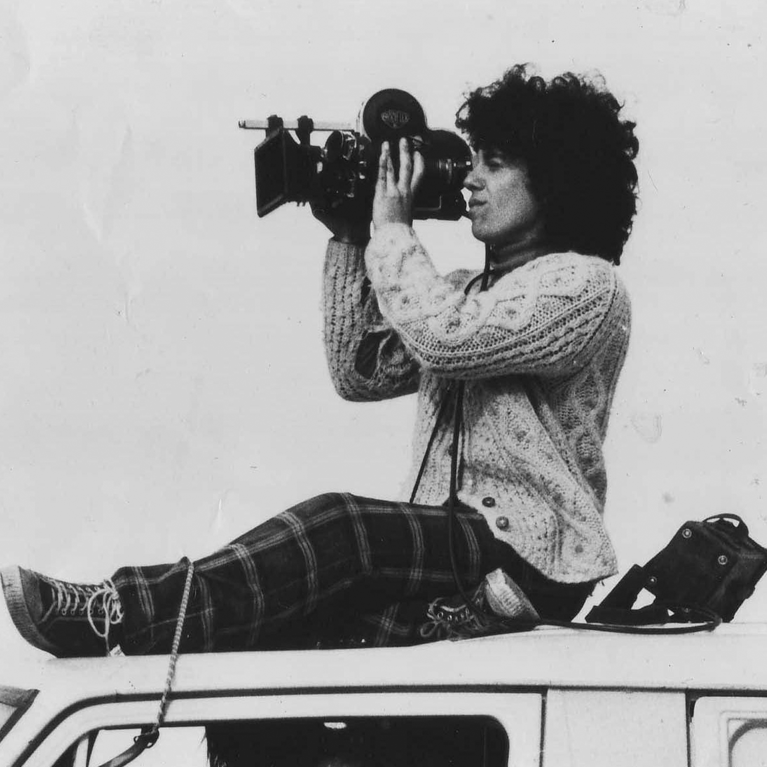Session One | The personal is political: 1970s–80s Australian women & queer filmmakers in focus
WHEN
24 July 2025
Thursday
12.00pm - 1.30pm Australia/Sydney
24 July 2025
Thursday
5.30pm - 7.45pm Australia/Sydney
WHERE
City campus
The Rizzo | UTS Cinema Theatre, Building 6, Level 3
702 Harris St, Ultimo NSW 2007, Australia
COST
Free admission
CONTACT
This curated film program spotlights women and queer filmmakers from 70s–80s Australia, who used cinema as a tool to challenge social structures, gender myths and systems of power.
Session times
Join us on Thursday 24 July for two screening sessions:
-
Lunchtime session
12 – 1.30pm
-
Evening session
5.30 – 7.45pm
Screenings followed by Q&A with Directors
Program
-
We Aim To Please
(Dir. Margot Nash & Robin Laurie, Australia, 1976, 13 min)
'We Aim to Please' is a humorous and erotically charged pastiche of personal fragments of conversation, political statements, powerful images and improvised performance, all edited together to confront conventional ideas about women and their sexuality. Inspired by contemporaneous international artists, including the American experimental filmmaker Maya Deren, the French surrealists, French Swiss film director Jean-Luc Godard and the American 'WITCHES' (Women’s International Terrorist Conspiracy from Hell) group, 'We Aim to Please' was conceived as the third issue of Nash and Laurie’s magazine and feminist project 'AS IF' (or the Anarcho Surrealist Insurrectionary Feminists).
-
Maidens
(Dir. Jeni Thornley, Australia, 1978, 28 min)
'Maidens' explores four generations of the filmmaker’s maternal family from 1906 to 1977. Weaving together old family photographs, slides, home movies, and excerpts from historical Australian women’s films, Thornley traces the evolving structures of family and gender roles. Groundbreaking in form, the film reflects the engagement of feminist cinema with avant-garde practices of the time—rejecting traditional hierarchies, embracing consciousness-raising as a transformative act, and incorporating elements of psychoanalysis. Its abstract and non-predefined locations further challenge conventional storytelling, making 'Maidens' a vital contribution to feminist film history.
-
My Survival as an Aboriginal
(Dir. Essie Coffey, Australia, 1979, 49 min)
Murawarri activist, advocate, and filmmaker Essie Coffey’s groundbreaking debut 'My Survival as an Aboriginal' challenges colonial narratives by flipping the script on the historical practice of non-First Nations people documenting First Nations lives. Coffey’s film exposes the problems of white culture and her refusal to assimilate, showcasing the strength and resistance of Aboriginal identity through family life, history, education, music, activism, and legal services. Recognised as the first Aboriginal woman filmmaker, Coffey paved the way for future generations of documentary-makers and truth tellers, breaking down stereotypes of what an Aboriginal woman is.






